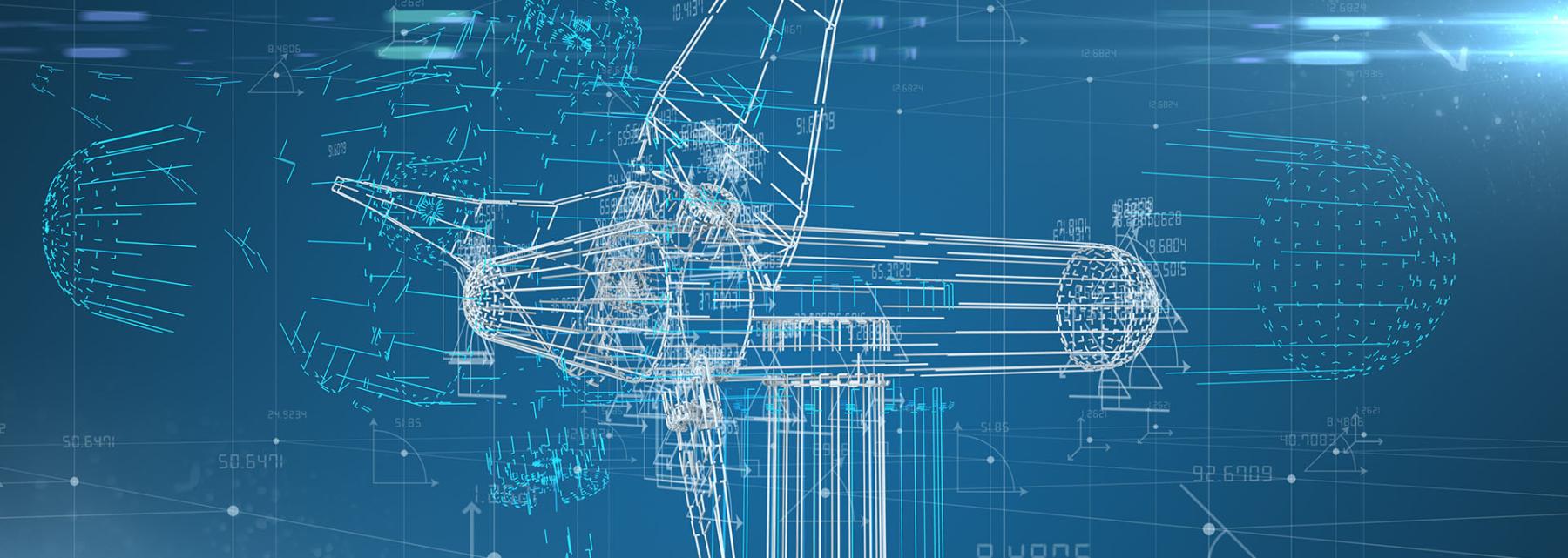
Windmills on the Reservations
by Carmen Honyouti
For hundreds of years, people have harnessed moving air (wind) to do work. The earliest forms of wind-powered machines were sailboats. Wind pushing against the sails of a boat provided the energy to move the boat across the water, saving people the trouble of rowing. Later, people discovered that if they attached sail-like panels to a wheel at the top of a stationary tower, wind blowing against the panels would cause the wheel and the central shaft to which it was attached to turn. The shaft drove mechanisms inside the tower that were used to mill, or grind, grain into flour. These wind-driven mills were called, simply, windmills. And even though wind-driven machines are now also used to pump water from wells and to generate electricity, the name windmill has stuck.
In this activity, students review the engineering design process and discuss how wind can be used to help get work done. They look at a variety of windmills, focusing on the different materials used in the construction of windmills and the type of work each windmill is designed to do. Finally, they use simple materials to build their own windmills to do work.
Lesson Grade Level
9th GradeLesson Plan Link/URL
https://docs.google.com/presentation/d/1pVwCF2AVwX3KRqNCZLwlQKA-O4ZnY3jRABcZQ_4…Subject Area
Science Physical Science P3: Net Force P4: Energy Transfer Technology 4. Innovative Designer Engineering S2: Apply the Engineering Design Process Mathematics Geometry (G) The Number System (NS) Algebra (A) Reasoning with Functions and Relations (RFR) English Language Arts (ELA) Reading (Literature) Writing
Featured
Off
Related Content

Grades:
6th Grade
Students are challenged to create a battlebot that will be powered by a sphero and compete against other bots. Each bot will have an inflated balloon attached to the back. The objective is to pop

Grades:
9th Grade, 10th Grade, 11th Grade, 12th Grade
In this lesson, students physically manipulate a couple of springs and then collect data from a spring force Phet simulator. Next, they graph the data, calculate the area under the curve of their

Featured
Zippy the Elf's Zipline Zone
Grades:
6th Grade
In this creative engineering design lesson, students are challenged to use an inclined plane to create a safe and exciting zipline park for Zippy the Elf. This lesson reviews simple machines and has